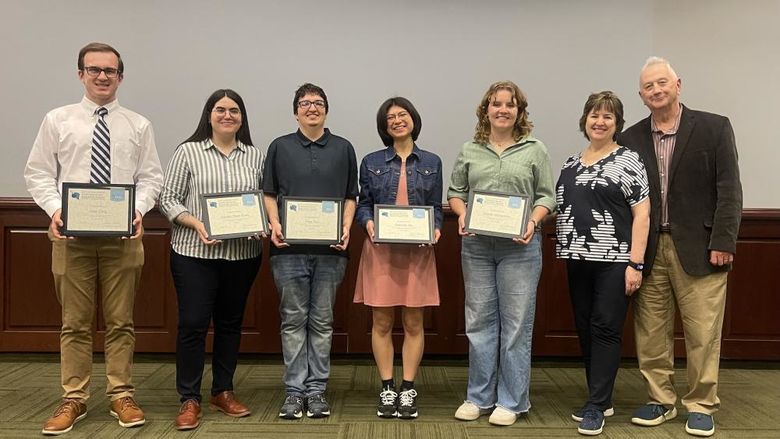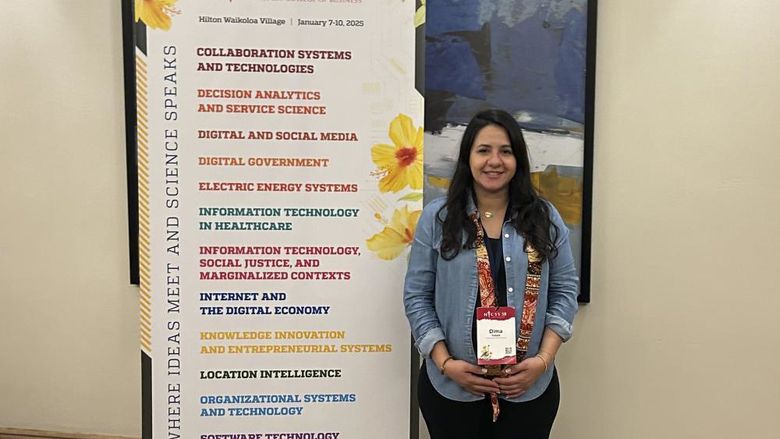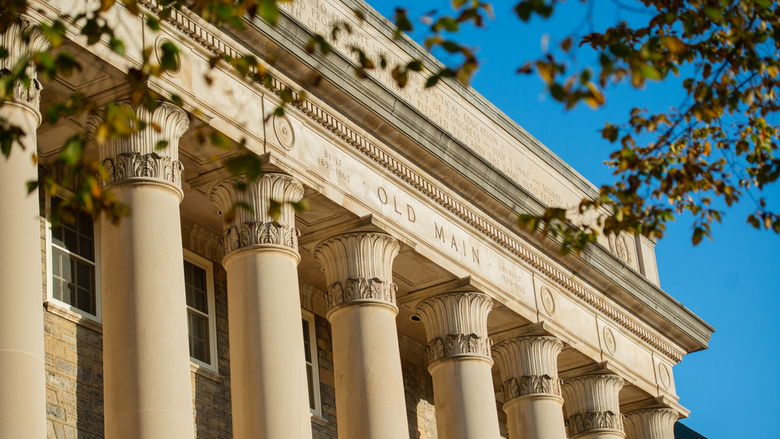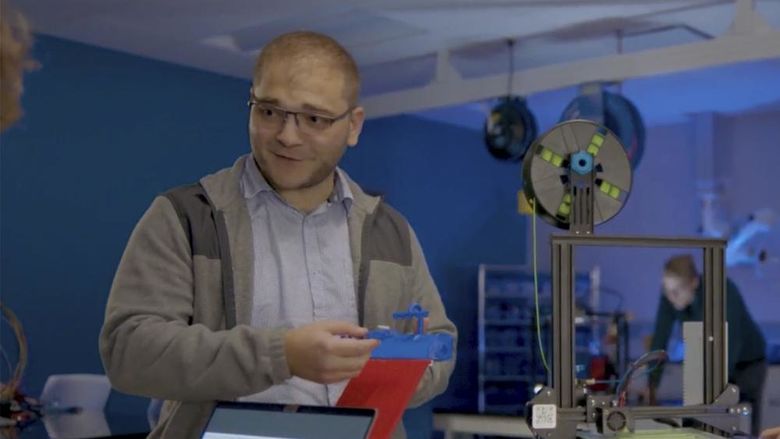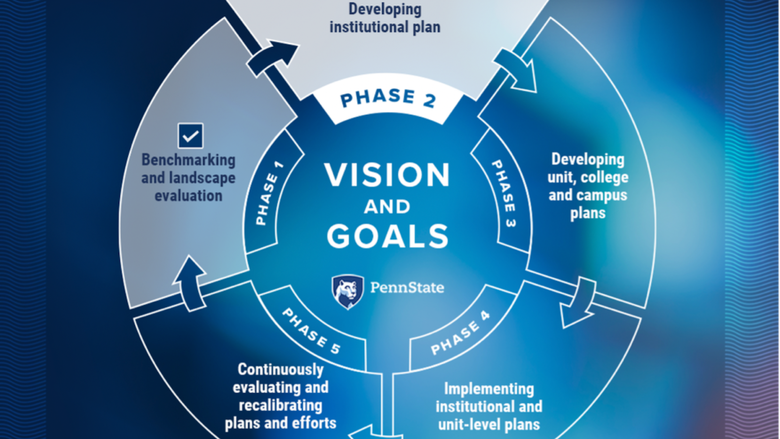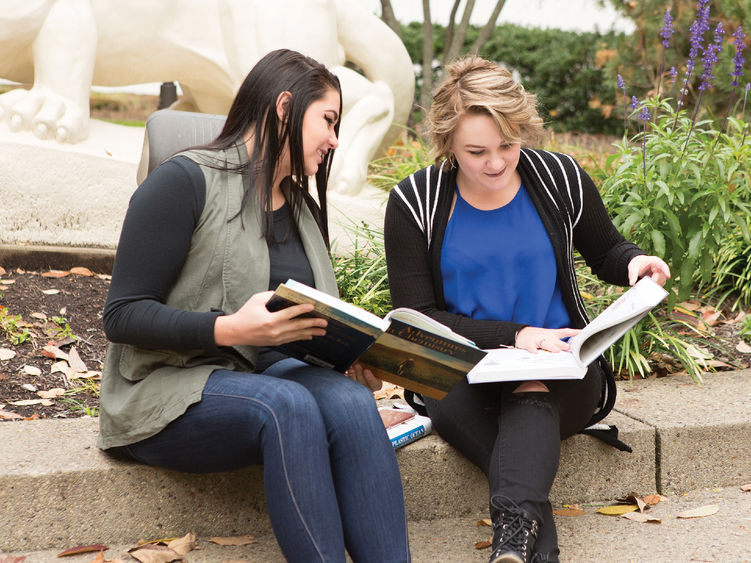
Penn State Shenango Associate Teaching Professor of Human Development and Family Studies Roxanne Atterholt, along with Laura Cruz, research professor of teaching and learning scholarship with Penn State’s Schreyer Institute for Teaching Excellence, have partnered to co-author “Shock Waves: Academic Witnessing as Resiliency Practice in Higher Education.”
SHARON, Pa. — Penn State Shenango's Roxanne Atterholt and Laura Cruz from Penn State’s Schreyer Institute for Teaching Excellence will present their work on how to encourage and support resiliency in higher education at a webinar on Feb. 12. They co-authored a scholarly paper, titled “Shock Waves: Academic Witnessing as Resiliency Practice in Higher Education,” on the topic that was published as feature article in the January edition of the Journal of Faculty Development. The independent, peer-reviewed journal shares information regarding faculty development at post-secondary educational institutions.
Atterholt and Cruz's research focused on the emotional challenges faced by instructors and the presence of “micro-communities” — small groups of individuals who share a specific interest — as having a potentially positive effect on faculty well-being in higher education. Atterholt and Cruz proposed the concept of "academic witnessing" as a means for understanding how informal social structures can enable individuals and institutions to thrive.
"Witnessing" was first brought to prominence by psychologist Kaethe Weingarten in her 2003 book "Common Shock," and proposes that individuals who have experienced a trauma together can help each other process and heal from the event by serving as witnesses to the experience and the aftereffects for one another. In their paper, Atterholt and Cruz proposed that academic witnessing may serve the same purpose for members of micro-communities in higher education. To better understand the idea, they examined how a micro-community of female faculty "served to enable its members to recognize, express and process the common shock of teaching and learning in 2020-21," according to the paper.
From their analysis of survey responses and group conversations, the researchers identified three themes in the micro-community: fostering safe spaces, shifting individual experience and developing group awareness. These themes inform the idea of academic witnessing as a conceptual model that "intertwines the concept of witnessing with the distinctive context of higher education... as a literal and symbolic act of connecting with colleagues that includes a distinctive disposition, guiding practices and a collective process," they wrote in the paper.
The research duo will present and discuss their work at a webinar hosted by Magna Publishers on Monday, Feb. 12. Atterholt and Cruz will also be joined by Claudine McLaren, a fellow and program manager at the University of Central Florida. The event is open to faculty and educational administrators from across the country. The event costs $299 and registration is required.
The research was funded through a Teaching Community Grant available through the Schreyer Institute for Teaching Excellence at Penn State.
